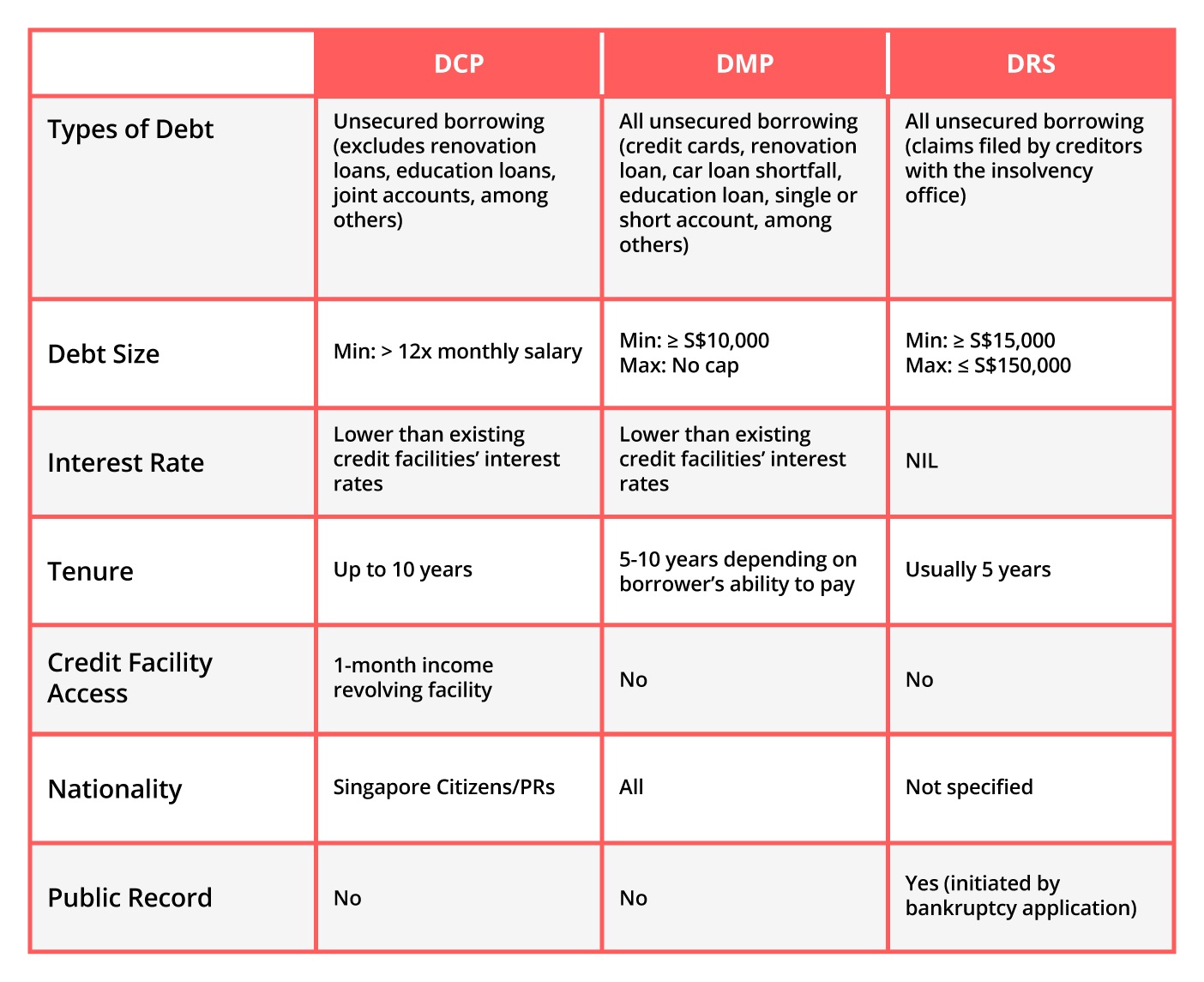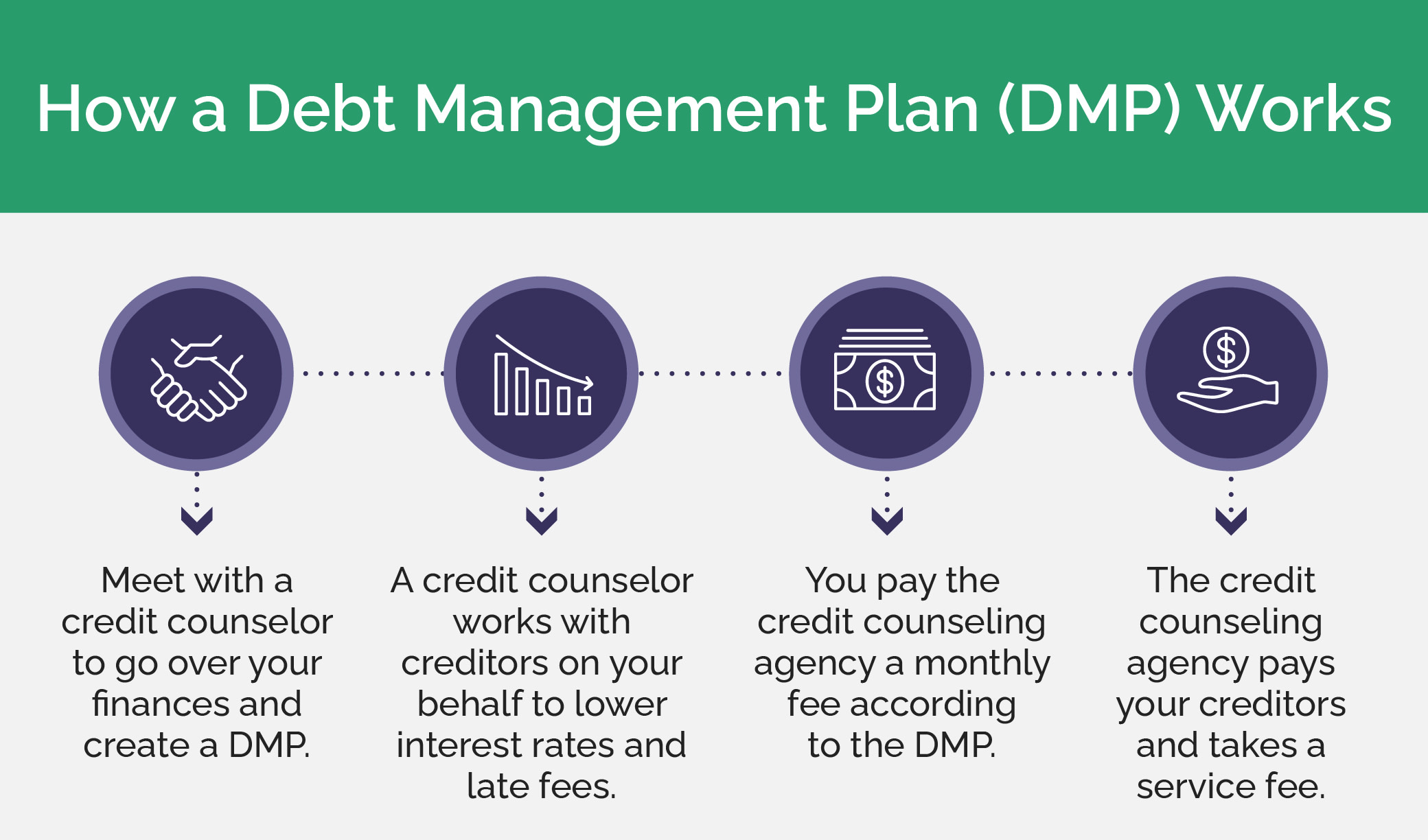Just How Debt Management Plan Services Give Tailored Solutions for Financial Wellness
Just How Debt Management Plan Services Give Tailored Solutions for Financial Wellness
Blog Article
Professional Tips and Techniques for Applying a Successful Financial Obligation Monitoring Strategy
When it comes to navigating the intricacies of financial obligation monitoring, having a well-thought-out strategy is important for achieving economic stability. From evaluating your existing monetary standing to working out with financial institutions, each step plays a critical function in forming an effective debt administration strategy.
Evaluating Your Current Financial Circumstance
Prior to embarking on a financial obligation administration strategy, it is vital to extensively review your current financial standing. Comprehending your monetary scenario is the fundamental action towards efficiently managing and lowering your debt. Begin by putting together an in-depth checklist of all your financial obligations, consisting of impressive balances, rate of interest, and minimum month-to-month repayments. This will certainly give a clear summary of the degree of your economic responsibilities. Additionally, assess your revenue resources and month-to-month expenditures to establish your disposable revenue available for financial obligation settlement.

Creating a Realistic Budget Plan
Comprehending your current financial situation lays the foundation for developing a sensible spending plan that straightens with your financial obligation management objectives and monetary capabilities. When creating a budget plan, it's essential to precisely track your earnings, expenditures, and financial debt obligations. By classifying your expenditures, you can identify locations where you may require to cut back to free up funds for financial debt payment.

Focusing On and Taking On Debts
To efficiently gain back control of your funds and work towards financial stability, prioritizing and tackling your debts is a vital action in your financial debt management plan. Start by providing all your financial debts, consisting of bank card, fundings, and any kind of various other outstanding equilibriums. Identify high-interest financial obligations that are costing you the most cash and prioritize paying them off first. By concentrating on these high-interest financial debts, you can conserve cash in the long run and minimize the complete quantity you owe.
After recognizing your high-interest financial debts, consider using techniques like the financial debt snowball or financial debt avalanche approach to pay them off methodically. The debt snowball approach involves paying off the smallest financial obligations first, while the financial debt avalanche approach prioritizes financial obligations with the greatest passion prices. Choose the method that aligns finest with your financial goals and motivates you to maintain making progression.
Additionally, consider working out with creditors for lower rates of interest or establishing a repayment plan if you're battling to satisfy your present responsibilities. Seeking support from a credit score therapist or monetary consultant can also give important understandings and assistance on how to effectively tackle your financial debts - pop over to this web-site debt management plan services. By prioritizing and resolving your financial obligations purposefully, you can lead the way in the direction of a debt-free future and enhanced economic health
Working Out With Creditors
When engaging in debt administration, negotiating with financial institutions is an important action in the direction of locating mutually helpful options for debt settlement. Prior to starting arrangements, it is important to have a clear understanding of your financial circumstance, including your revenue, costs, and the complete quantity of financial debt owed.
.webp)
Building Healthy Monetary Habits
Integrating regular budgeting methods is important for cultivating healthy monetary behaviors. Budgeting allows individuals to track their revenue and expenses, allowing them to make educated choices about their monetary priorities. Setting details financial goals, such as conserving for emergency situations or retirement, can supply a clear roadmap for taking care of money successfully.
One more trick facet of building healthy monetary routines is living within one's methods. This involves spending much less than what is gained and staying clear of unnecessary financial obligation. Adopting a thrifty state of mind and identifying between wants and needs can aid people make even more prudent spending options.
Regularly examining economic statements and keeping an eye on debt reports are essential practices that promote economic recognition and responsibility. By staying notified regarding their monetary standing, people can recognize potential issues at an early stage and take aggressive steps to address them.
Additionally, developing a cost savings behavior, also with small amounts, can add substantially to long-lasting economic security. Saving on a regular basis not just builds an economic padding for unexpected expenses however likewise promotes a feeling of self-control and obligation towards money administration. By continually practicing these routines, individuals can lay a strong foundation for a stable monetary future.
Final Thought
Finally, applying an effective debt management plan needs a comprehensive evaluation of one's financial situation, the development of a practical spending plan, focusing on and dealing with financial obligations, bargaining with lenders, and building healthy monetary behaviors (debt management plan services). By following these professional suggestions and strategies, individuals can take control of their finances and job towards achieving monetary security and freedom from financial debt
Recognizing your present economic scenario lays you could try here the foundation for check out here establishing a practical budget plan that lines up with your financial debt monitoring goals and financial abilities.To properly regain control of your funds and work towards monetary security, focusing on and tackling your financial debts is a vital step in your financial obligation administration strategy.After recognizing your high-interest financial debts, consider using techniques like the financial obligation snowball or financial obligation avalanche technique to pay them off systematically. The financial obligation snowball technique includes paying off the tiniest financial debts initially, while the financial obligation avalanche technique focuses on financial obligations with the greatest rate of interest prices.When involving in financial obligation administration, discussing with lenders is an important action in the direction of discovering equally valuable remedies for financial debt settlement.
Report this page